The heart rate monitors on the Fitbit Charge HR and Fitbit Surge are accurate, says Consumer Reports

Earlier this year, a class-action lawsuit was filed by owners of the Fitbit Charge HR and Fitbit Surge. The suit claims that the heart rate monitors on the two fitness trackers are flawed and that compared to a user's actual heart rate, the Fitbit devices had readings that were off by "a very significant margin, particularly during exercise." But an impartial observer, namely Consumer Reports, had tested the pair and had found that the heart rate monitor on both units was accurate.
The magazine decided that it would behoove them to repeat the testing. And you want to know what changed? Absolutely nothing. Yet, the plaintiffs in the lawsuit claim that their independent tests revealed inaccuracies on the Fitbit devices. The lead partner for the plaintiff says that a board-certified cardiologist put a number of Fitbit-wearing subjects through a series of exercises and subsequently checked their heart rates. The results allegedly showed that at high (exercise) intensity levels, the Fitbit devices were off by an average of 24.34 beats per minute. In the most extreme case, the difference was 75 bpm.
It shouldn't come as a surprise that Fitbit stands behind the readings produced by its devices. Even so, there is enough legalese in the qualifying statement found on Fitbit's website to drive a truck through. "Like all heart-rate monitoring technologies, accuracy is affected by physiology, location of device, and different movements," the manufacturer posts.
Consumer Reports says that when it retested the Charge HR and Surge, both were off no more than 3 beats per minute compared to the readings taken from the Polar H7. The latter is a chest-worn monitor whose accuracy has been proven in tests. There was one strange exception. When a female tester wore the Fitbit Charge and was engaged in high-intensity exercise, the Polar H7 showed a reading of 150 bpm compared to a reading of 144 bpm on the Charge HR. The test was repeated, and the second time the actual heart rate of 150 bpm showed as 139 bpm on the Fitbit. Since we are talking about a 4% and 7.3% variance respectively, we can't imagine that an intelligent jury would return a verdict in favor of the plaintiffs, especially since the other tests were so accurate.
Alas, we are not lawyers (and we don't play ones on television), so our legal opinion is worth what you are paying for it. More importantly though, Consumer Reports continues to recommend the Fitbit Charge HR and Fitbit Surge, although it promises to watch the trial carefully. And speaking of the trial, we are sure that other fitness tracker and smartwatch manufacturers are watching the outcome very closely.
If you consider yourself a legal beagle, click on the sourcelink to read the actual complaint filed with the court.


source: lchbdocs, ConsumerReports via Engadget
Consumer Reports says that when it retested the Charge HR and Surge, both were off no more than 3 beats per minute compared to the readings taken from the Polar H7. The latter is a chest-worn monitor whose accuracy has been proven in tests. There was one strange exception. When a female tester wore the Fitbit Charge and was engaged in high-intensity exercise, the Polar H7 showed a reading of 150 bpm compared to a reading of 144 bpm on the Charge HR. The test was repeated, and the second time the actual heart rate of 150 bpm showed as 139 bpm on the Fitbit. Since we are talking about a 4% and 7.3% variance respectively, we can't imagine that an intelligent jury would return a verdict in favor of the plaintiffs, especially since the other tests were so accurate.
If you consider yourself a legal beagle, click on the sourcelink to read the actual complaint filed with the court.


source: lchbdocs, ConsumerReports via Engadget

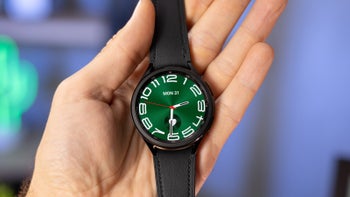
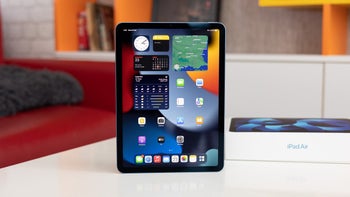

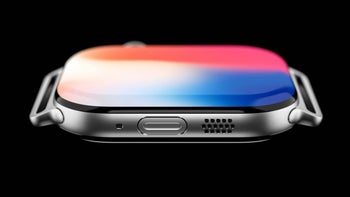
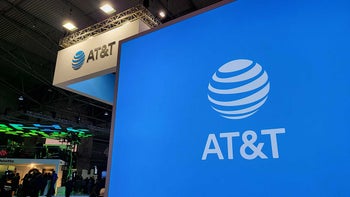
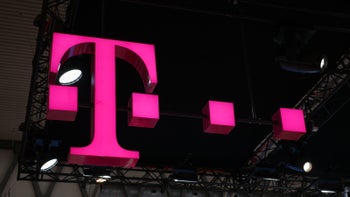
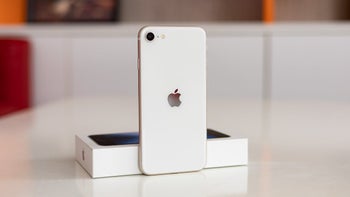
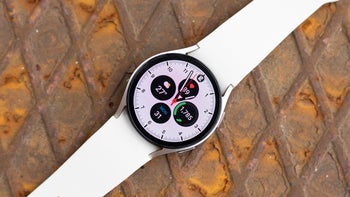
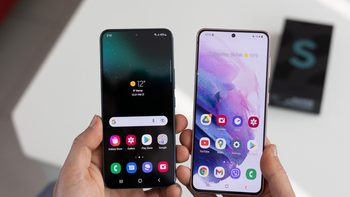


Things that are NOT allowed: